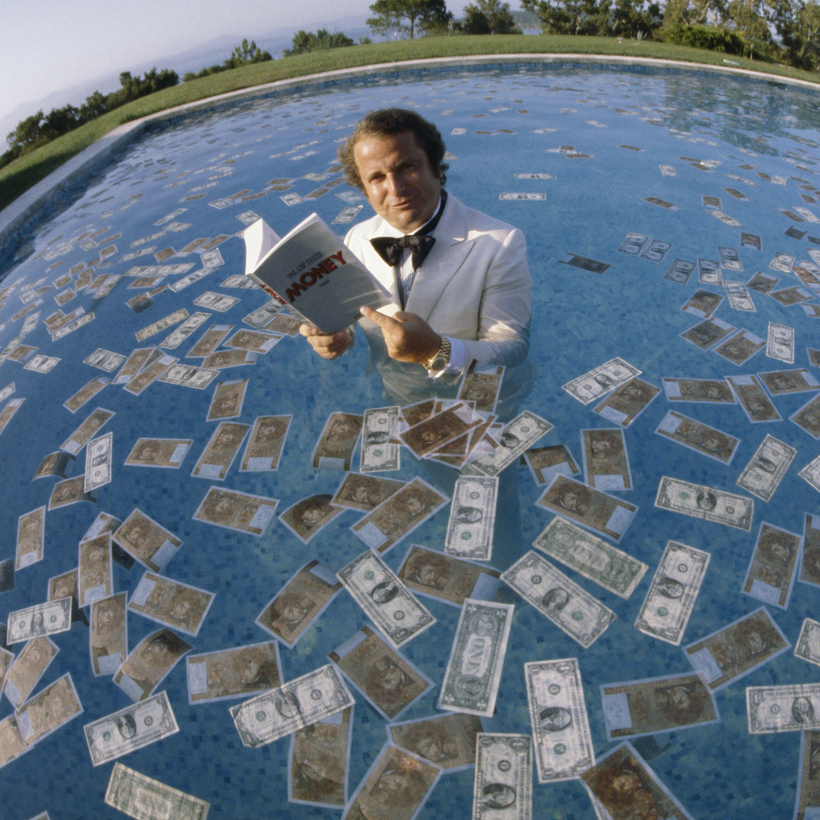According to a recent edition of the Financial Times’s How to Spend It supplement, $179,900 will buy you the “ultimate” Steinway self-playing grand piano. This ultimate piano is distinguished from the inferior non-ultimate models by its proficiency at reproducing not just the notes a famous performer played but the precise pressure with which he or she touched them. It will appeal, the FT suggests, to “the high proportion of buyers who can’t actually play the piano”.
Isn’t this weird? Buying this piano draws attention to a hobby you don’t have. Look at me, the expensive robotic piano says, my owner is slightly more boring than you might have supposed. My theory is that this is partly the point. The instrument signals that you can afford a big piano but are too busy and important to find the time to play it.

